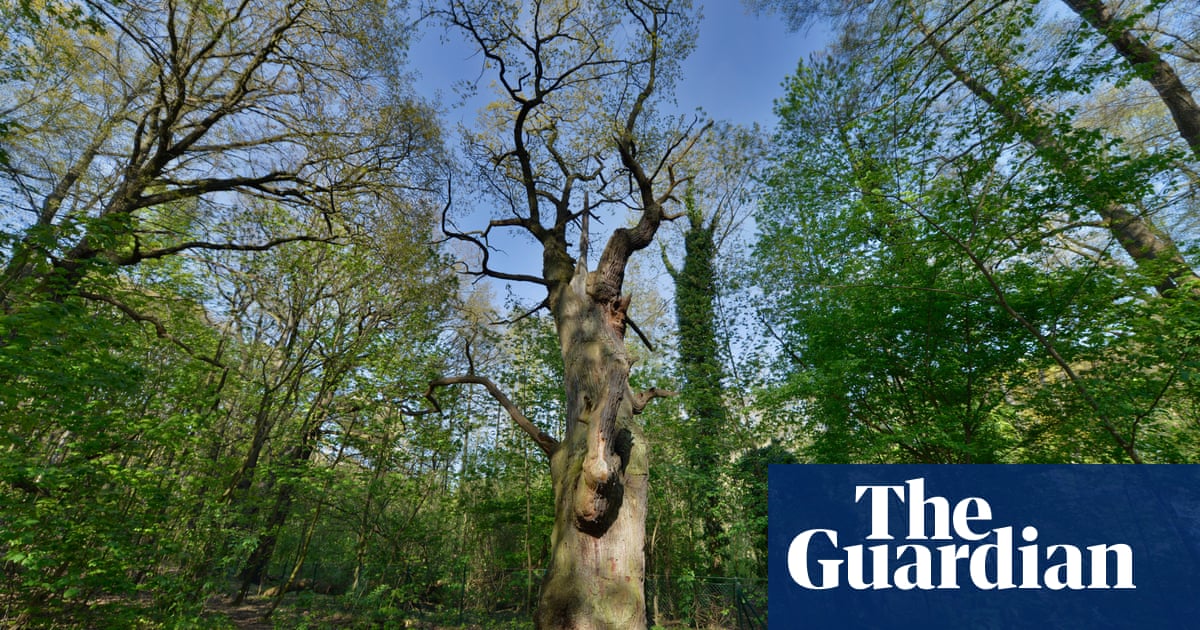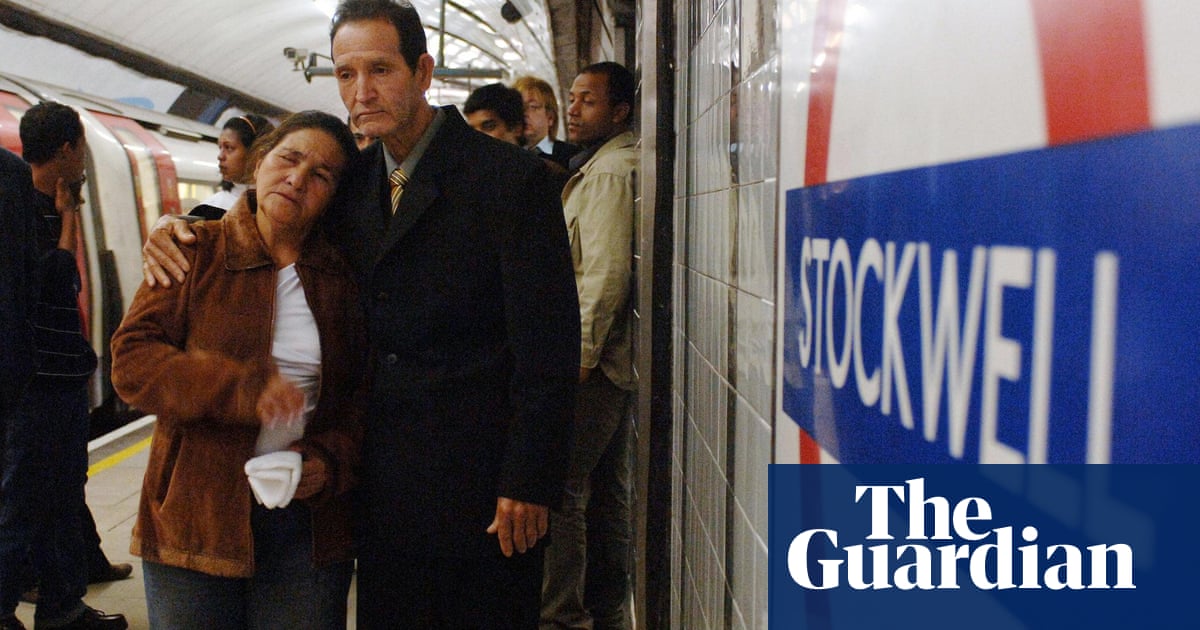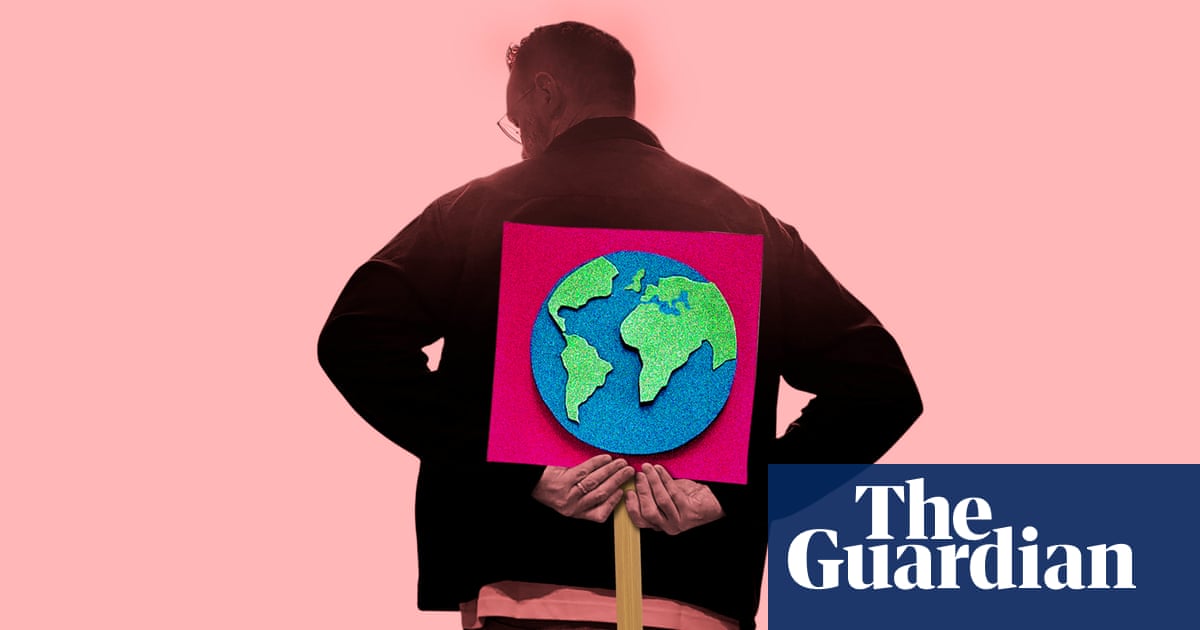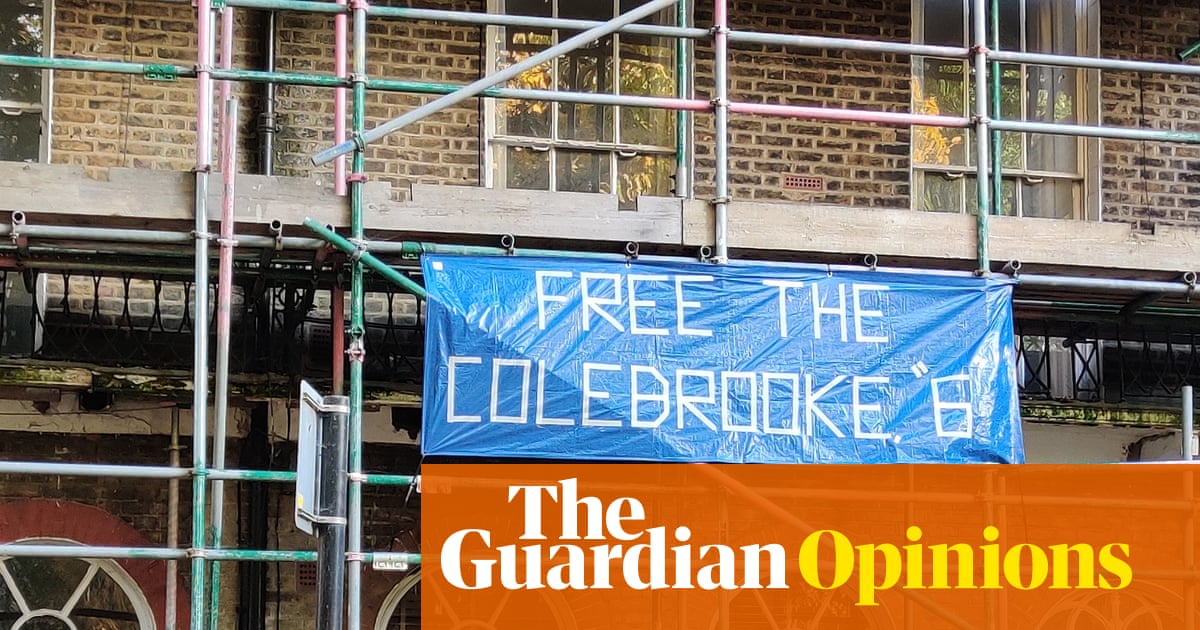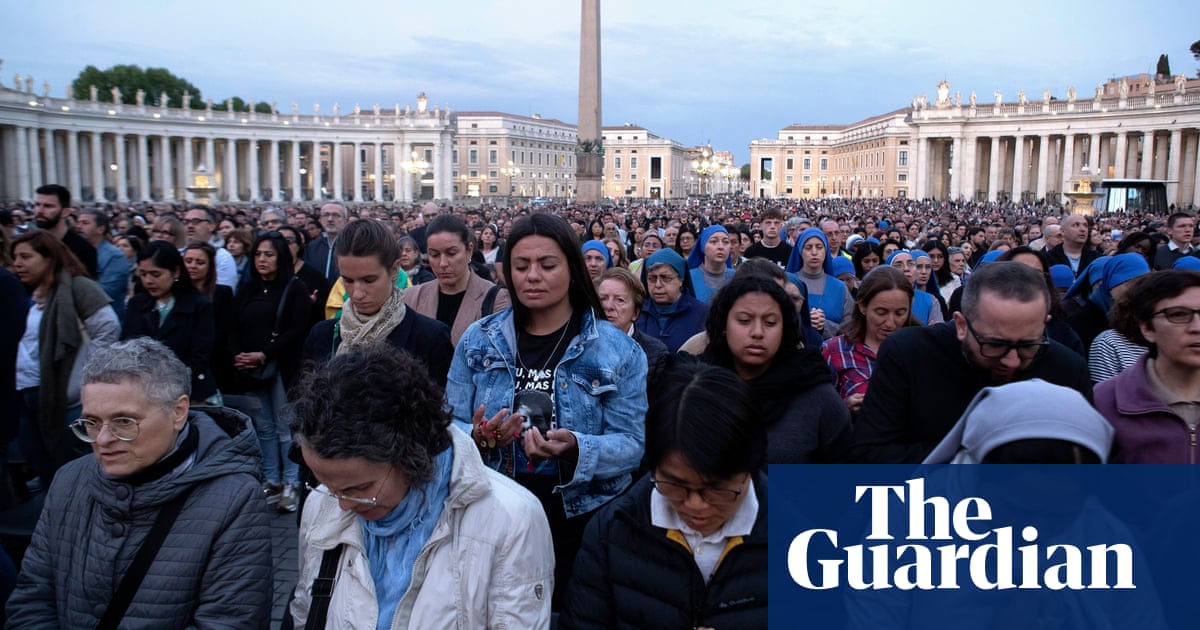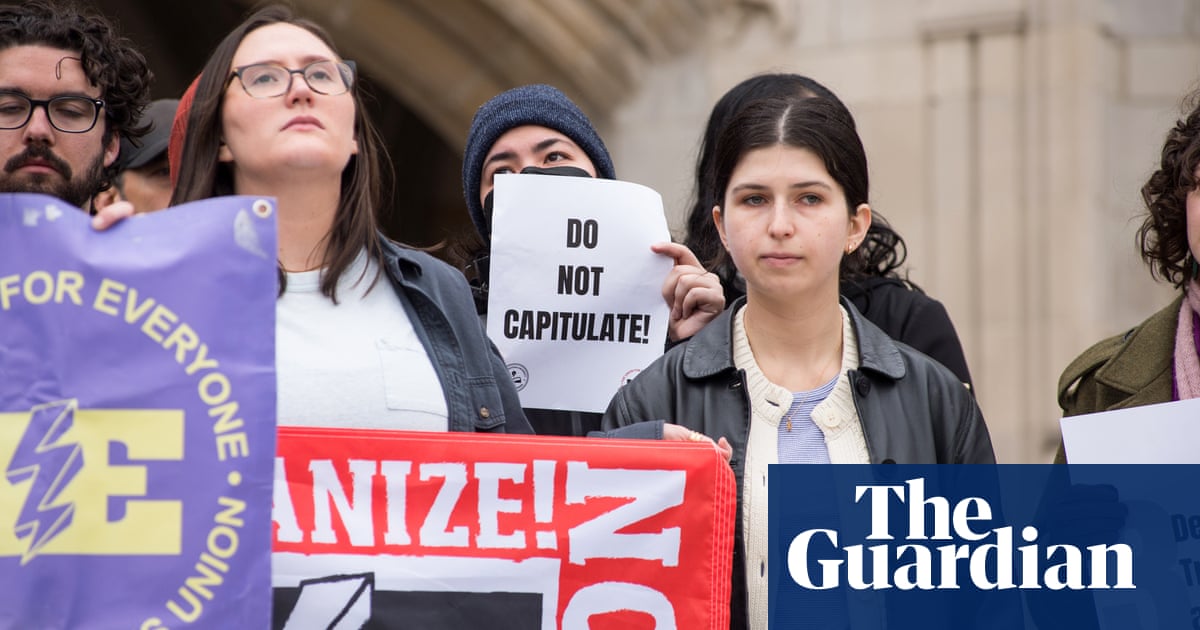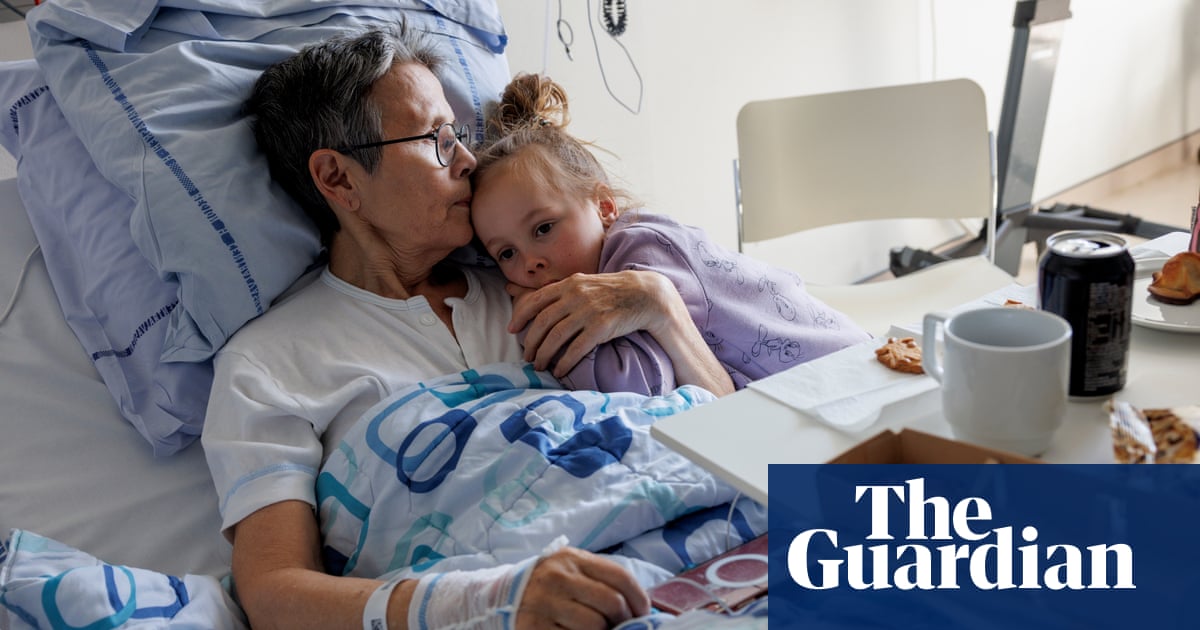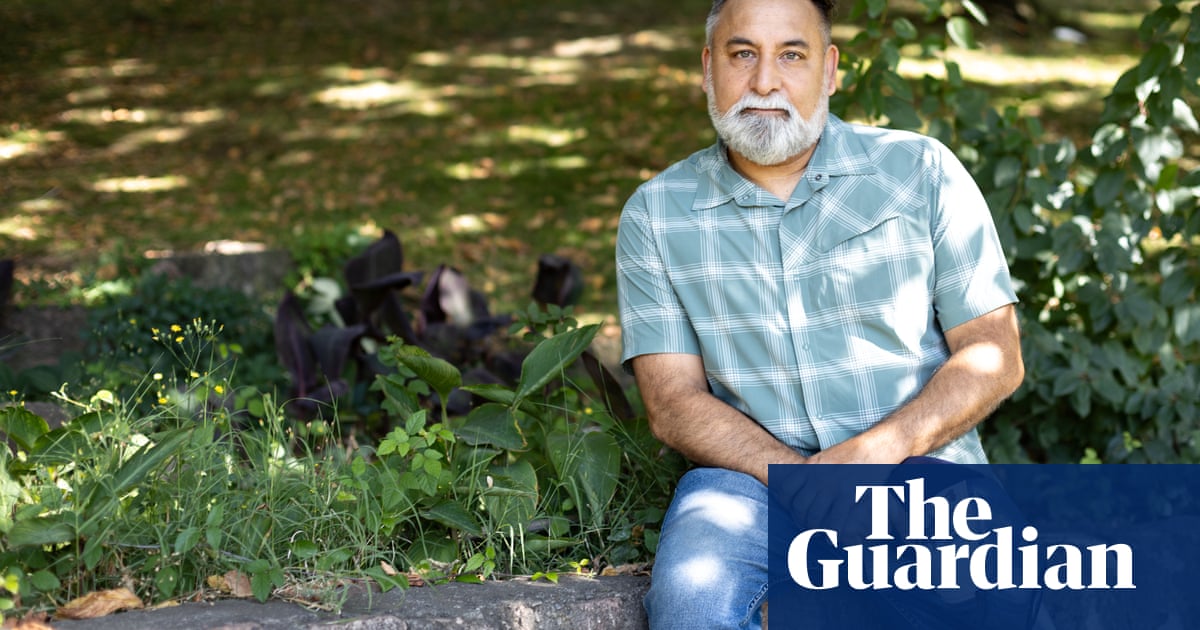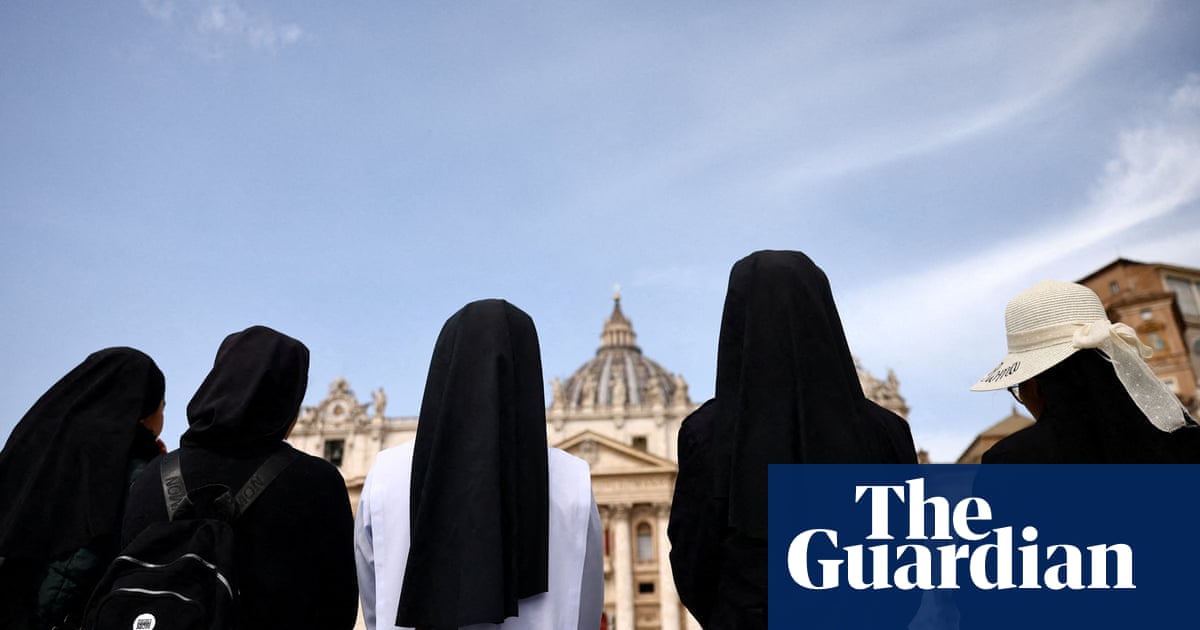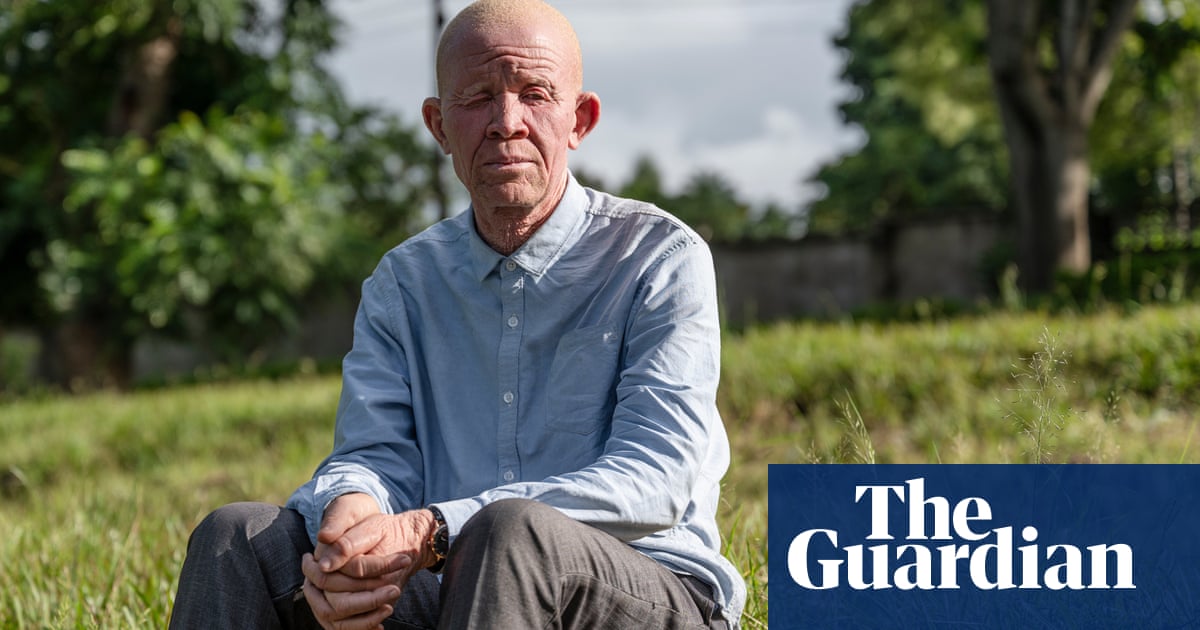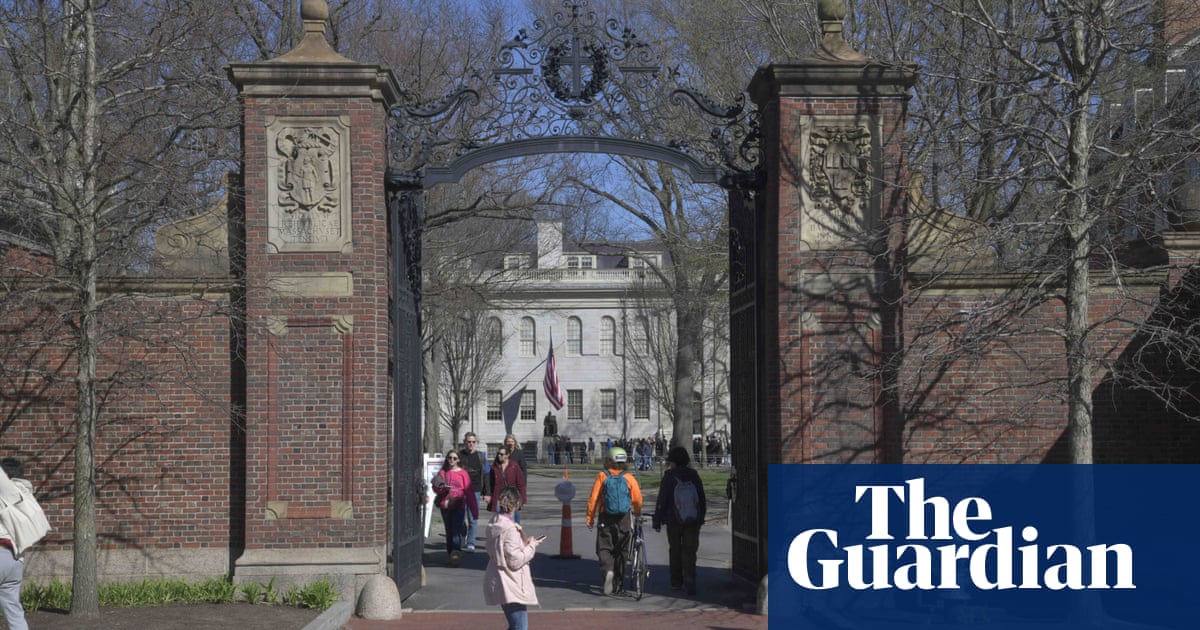In the dim light of his home in Arakan, Myanmar, Mohammed is talking above the wailing of his youngest child. All three of his children are hungry, he says. The 32-year-old Rohingya man’s parents, leaning together against the wall, are just visible as Mohammed speaks on the video call.
He fears for his safety too much to allow his surname to be used – Rakhine state is a dangerous place to be after four years of Myanmar’s civil war.
“We are struggling just to survive,” he says. “Food is scarce, clean water is a luxury, and every day feels like a battle to protect my family from the horrors unfolding around us.
“But after the events this month against our people in Bangladesh, we have lost all hope,” he adds.
The escape route for Rohingya in Myanmar has long been over the border to squalid refugee camps in Bangladesh. The neighbouring country has hosted almost 1 million refugees since 2017.
But on 5 January 36 Rohingya refugees were detained by the paramilitary Border Guard Bangladesh (BGB) and forced back to Myanmar. On 11 January, at least 58 Rohingya refugees were picked up by the BGB while trying to cross from Myanmar with the help of people smugglers.
Four days after that detention, a group of 30 Rohingya women and children were “rescued” by the Bangladeshi police. The fate of these people – also fleeing Myanmar – remains uncertain.
Local Bangladeshi police told media there that the country’s law-enforcement agencies had been “instructed” to work together to prevent “the illegal entry of Rohingya refugees”.

Since Myanmar stripped them of their citizenship four decades ago, the Rohingya have been stateless, without the documents required to travel and unable to cross borders legally.
Khalilur Rahman, high representative on Rohingya issues for Muhammad Yunus, Bangladesh’s interim government leader, confirmed that the 58 Rohingya refugees detained on 11 January would also be sent back to Myanmar.
“Our policy is to not allow undocumented residents of a foreign country to enter Bangladesh. This applies to the Rohingya, who are residents of Myanmar,” he said.
“Now that it appears that the Arakan Army has become the de facto authority of most of Rakhine, our message to them is clear: echoing the secretary general of the UN, we ask them to abide by their international legal obligations,” he said, urging the AA to try to protect civillians and to “refrain from any action that may force them to cross over to Bangladesh”.
The Rohingya – a mostly Muslim ethnic minority in Buddhist-majority Myanmar – have faced what the UN has called genocidal violence. The fight for control of Rakhine between the Myanmar junta forces and the rebel Arakan Army (AA) has seen the insurgents occupy much of the state in recent months.
Rohingya civilians, about 600,000 of whom remain in Rakhine, have been trapped in the middle of hostilities. They have faced massacres, looting, rape, drone attacks and forced conscription, while struggling to keep themselves fed and sheltered.

According to estimates by the Bangladesh government, at least 65,000 Rohingya refugees have reached Bangladesh since late 2023. Other estimates have the numbers as high as 80,000.
Htway Lwin, a Rohingya activist who lives in Bangladesh, says the detention of the 58 Rohingya sent “shockwaves of fear across the Rohingya community still trapped in Myanmar”.
“I see this as yet another reminder of the precarious existence my people endure,” he says. “Such actions risk normalising the denial of protection to a persecuted group. It undermines international commitments to refugee rights and protection.”
Mohammed Shofique, 30, escaped to Bangladesh last June. “I was first abducted from my village by the Myanmar military in April 2024. They forced me to fight for them against the AA with little training,” he says, from the relative’s shelter where he lives now in a Cox’s Bazar refugee camp.
Then the military camp where Shofique had been held surrendered to the AA: “They kept us in a locked room with no ventilation, subjecting us to daily beatings . Food was provided once a day at noon. Some of my companions died due to the severity of the torture, while others struggled but still survived.
“On 17 June, we managed to break out of our room when the AA officials had left us unattended,” Shofique says. “I fled to Bangladesh on foot.”
Abuses against Rohingya in Myanmar are still happening, says John Quinley, director of the international advocacy organisation Fortify Rights.
“The new government in Bangladesh should ensure they don’t follow the restrictive policies of the old Sheikh Hasina government,” he says.
“The interim government should make sure that refugees are welcomed into the country, and work with the UNHCR [refugee agency] to register them.”

The UN Development Programme warned in November that Rakhine was heading towards famine as fighting squeezed farming and commerce. This month the UN said more than 3.5 million people had now been displaced by the conflict in Myanmar.
With the latest detentions on Saturday, anxieties are high in Myanmar that the exit may be closing.
“When I heard the news of their detention, it broke something inside me,” says Mohammed. “We had considered fleeing to Bangladesh too, thinking we might find safety there. But after hearing this, we have decided it might be better to die here.
“How can we run from a genocide in such a situation? Is seeking refuge a crime?” he asks. “It feels like the world has abandoned us.”
Additional reporting by Ro Mayyu Islam in Cox’s Bazar

.png) 2 months ago
27
2 months ago
27
